Fred Hampton Lives On, 50 Years After His Assassination
The Black Panther and civil rights leader pledged to "fight racism with solidarity." The struggle against capitalism he championed lives on.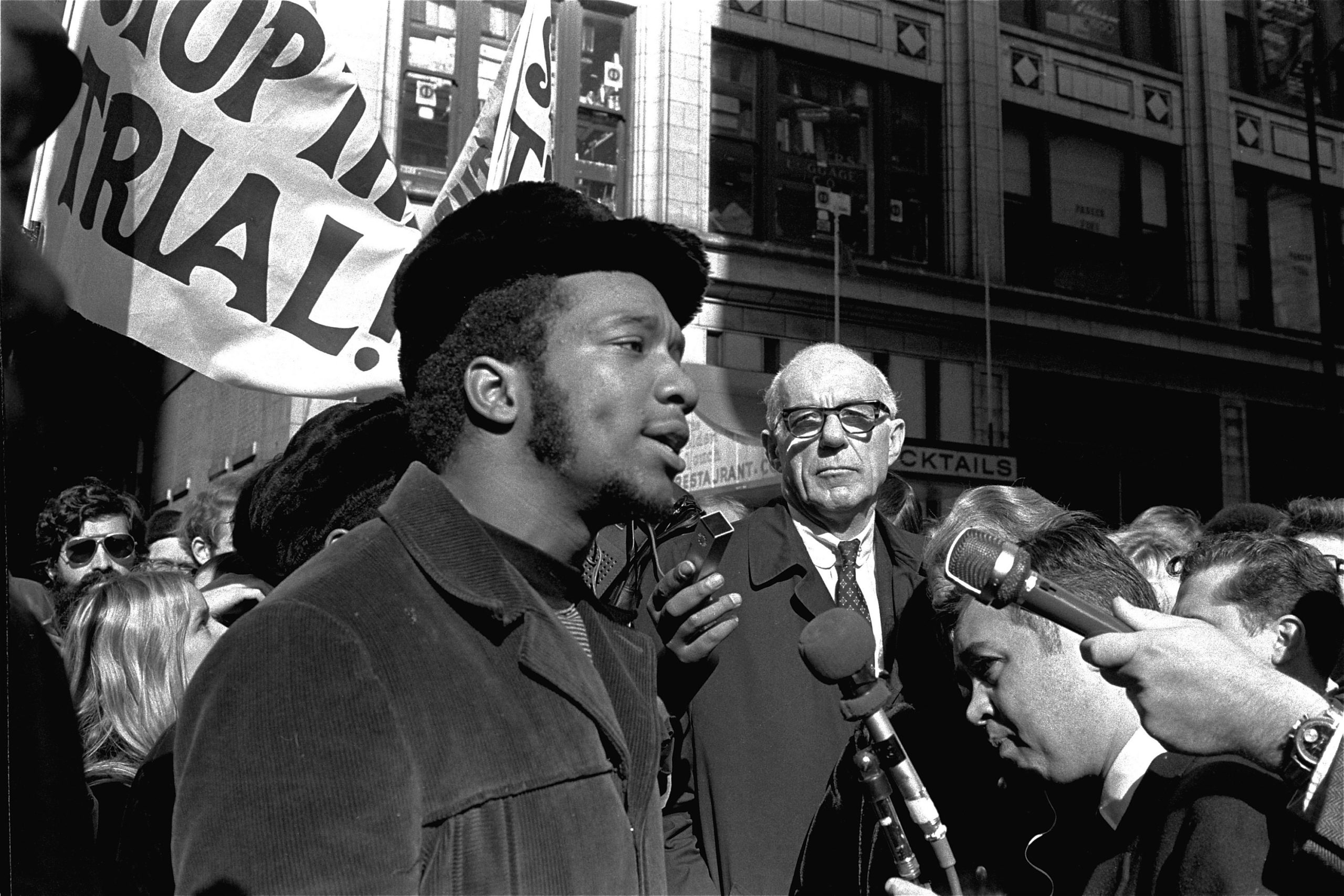 Black Panther and civil rights leader Fred Hampton. (stf / AP)
Black Panther and civil rights leader Fred Hampton. (stf / AP)
Fifty years ago today, Chicago police burst into the home of Fred Hampton, chairman of the Illinois chapter of the Black Panthers. They gunned down Mark Clark, who was guarding the door, sprayed the apartment with bullets, and ran into Hampton’s room.
The officers knew exactly where to find Hampton because the FBI had coerced a trusted member of his security detail into giving police a detailed map of the house. They dragged Hampton’s pregnant fiancee out of the room and shot Hampton dead. It’s widely believed he couldn’t wake up to defend himself because he had been drugged.
What made Hampton so “dangerous” in the eyes of the state in which he was assassinated?
In his short life, the civil rights leader managed to forge an unprecedented interracial alliance that united the Black Panthers of Chicago, the Young Lords, a Latin American social justice organization, and the Young Patriots Organization—a group comprised of poor people from the South. Hampton and his organizers, including Bobby Lee, went into these communities and discovered they had more in common than not. The YPO, which was entirely white, eventually stopped wearing the confederate flag out of respect for the Black Panthers; it was the original Rainbow Coalition.
Together, they launched a breakfast program for the poor. The coalition protected members of their communities from the cops; they offered legal representation to battle abusive landlords and they educated their communities in the politics of global struggle and revolution. It was no coincidence, then, that Hampton soon became a primary target of the Federal Bureau of Investigation.
In 1956, under Hoover’s watch, the FBI had launched the secretive Cointelpro program, conducting oft-illegal activities to sabotage the revolutionary social movements that emerged during the era. Hoover was especially worried a black “messiah” might inspire the African American community to assert their civil rights. But whereas other Black Panthers could be vilified as racist, Hampton was resolute about organizing poor people across the racial divide.
“We’ve got to face the fact that some people say you fight fire best with fire, but we say you put fire out best with water. We say you don’t fight racism with racism,” Hampton said. “We’re gonna fight racism with solidarity.”
Hampton, who was jailed and hassled by the police before his death, knew his revolutionary work put his life in danger.
“I believe I’m going to die doing the things I was born to do. I believe I’m going to die high off the people,” he said. “I believe I’m going to die a revolutionary in the international revolutionary proletarian struggle.”
Billy “Che” Brooks, who was deputy minister of education for the Chicago office of the Black Panther Party and Bobby Seale’s bodyguard, worked closely with Hampton. Today, he lives in Chicago, where he’s still organizing to fight police oppression, racism and economic inequality. Over the phone, he described Hampton’s legacy: “The essence of our struggle will continue in the spirit of our beloved chairman Fred Hampton, The beat goes on.”
For its part, the Young Patriots Organization has posted the following message to Facebook:
Your support matters…Independent journalism is under threat and overshadowed by heavily funded mainstream media.
You can help level the playing field. Become a member.
Your tax-deductible contribution keeps us digging beneath the headlines to give you thought-provoking, investigative reporting and analysis that unearths what's really happening- without compromise.
Give today to support our courageous, independent journalists.

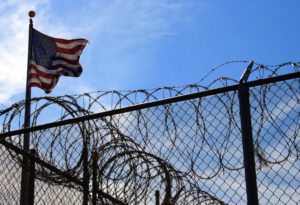
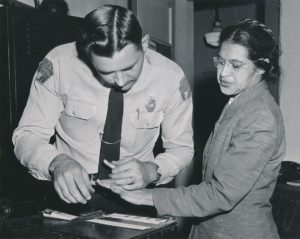

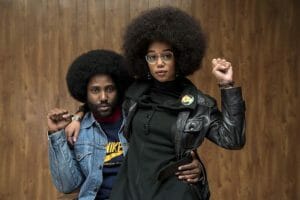
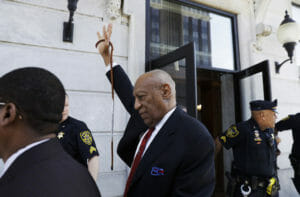
You need to be a supporter to comment.
There are currently no responses to this article.
Be the first to respond.